This gallery shows 25+ high-quality and best-resolution Grenade PNG Images, Vectors, Stickers, logos, Icons, and Clipart Pictures with transparent backgrounds. Free download all these Grenade PNG images for graphic design, projects, presentations, web design, editing, and other works.
Grenade PNG Images:
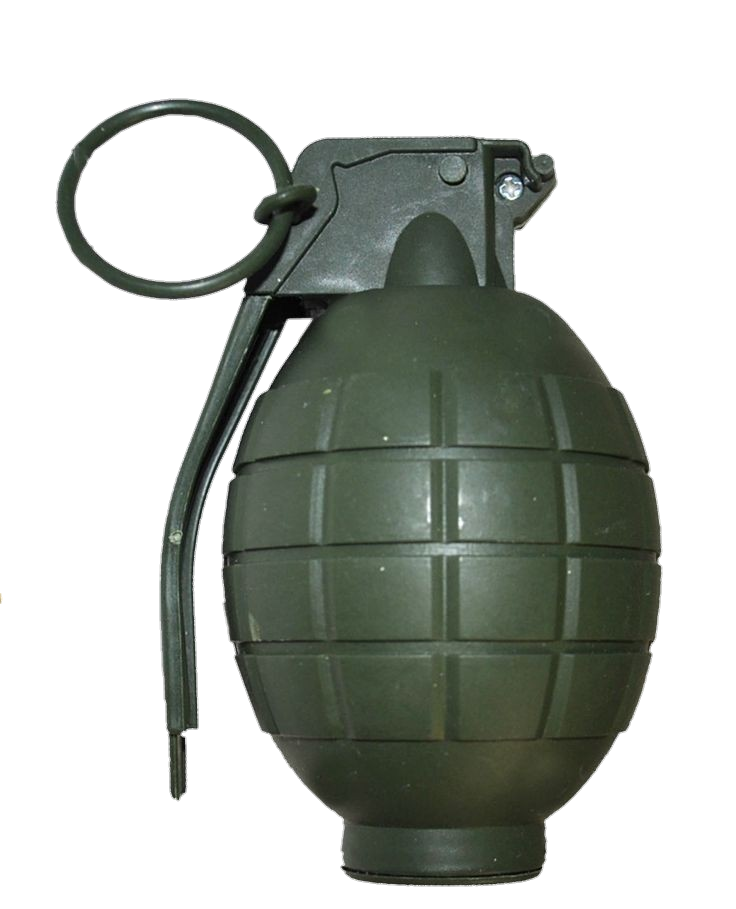
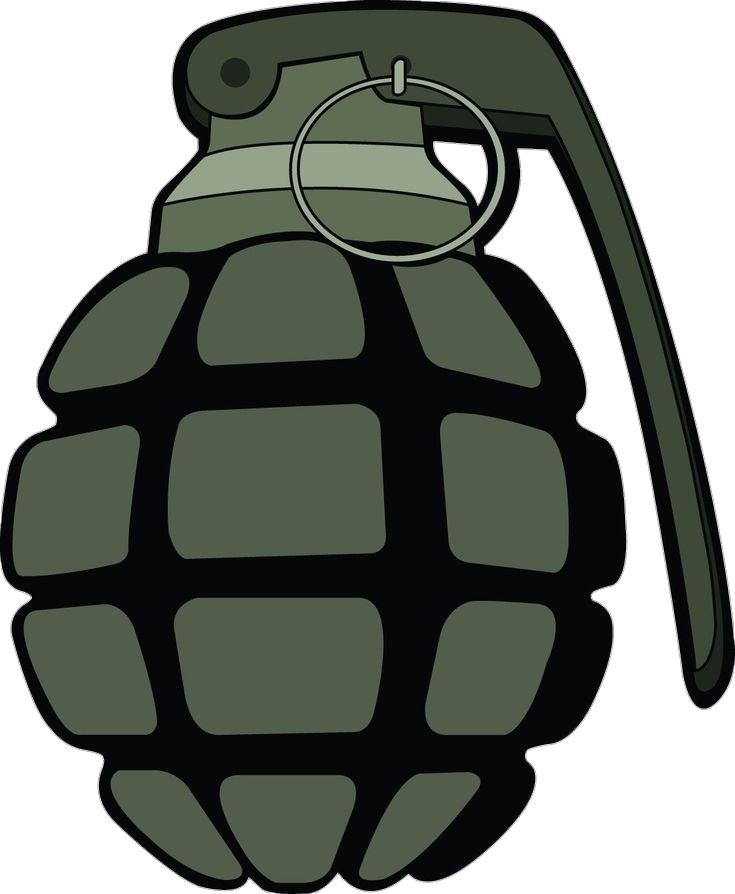
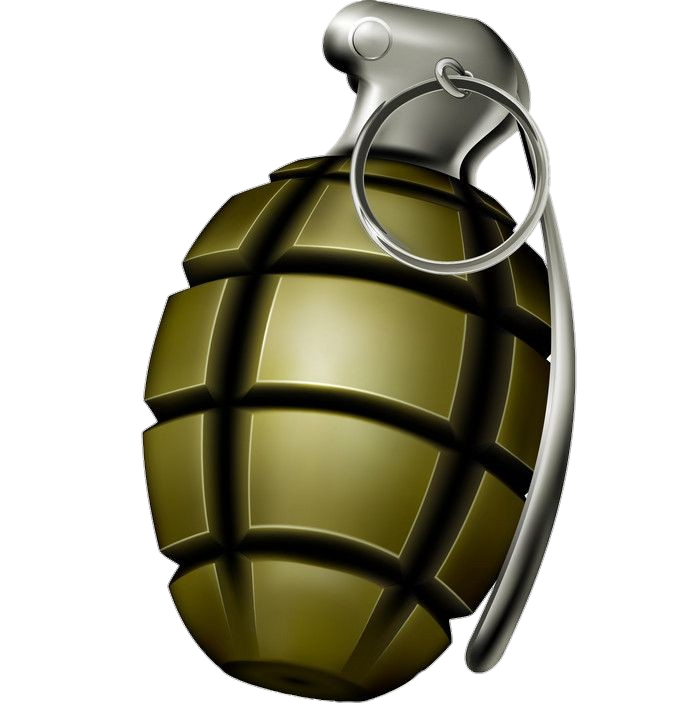

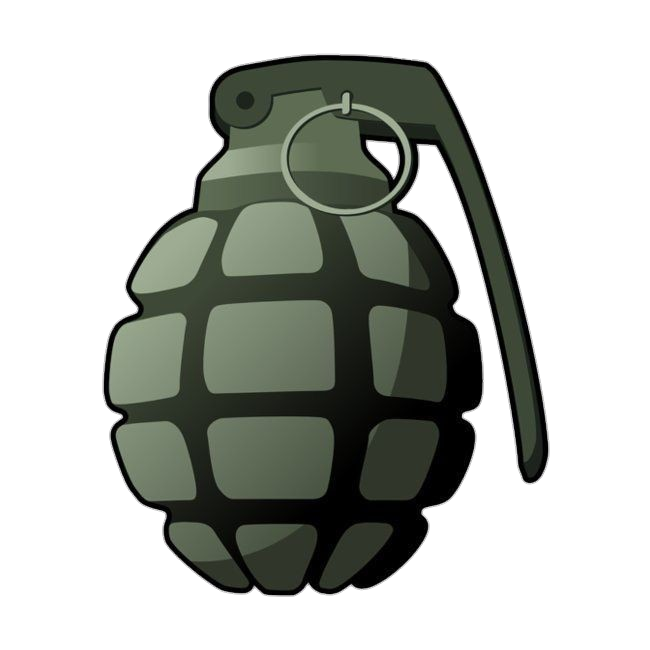
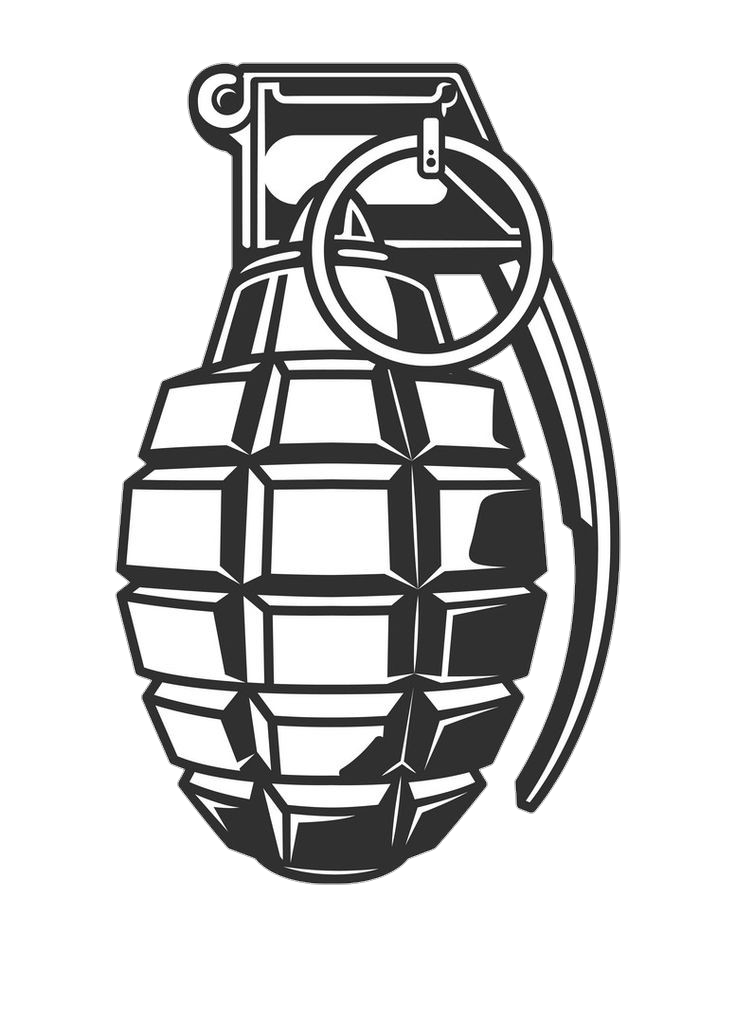
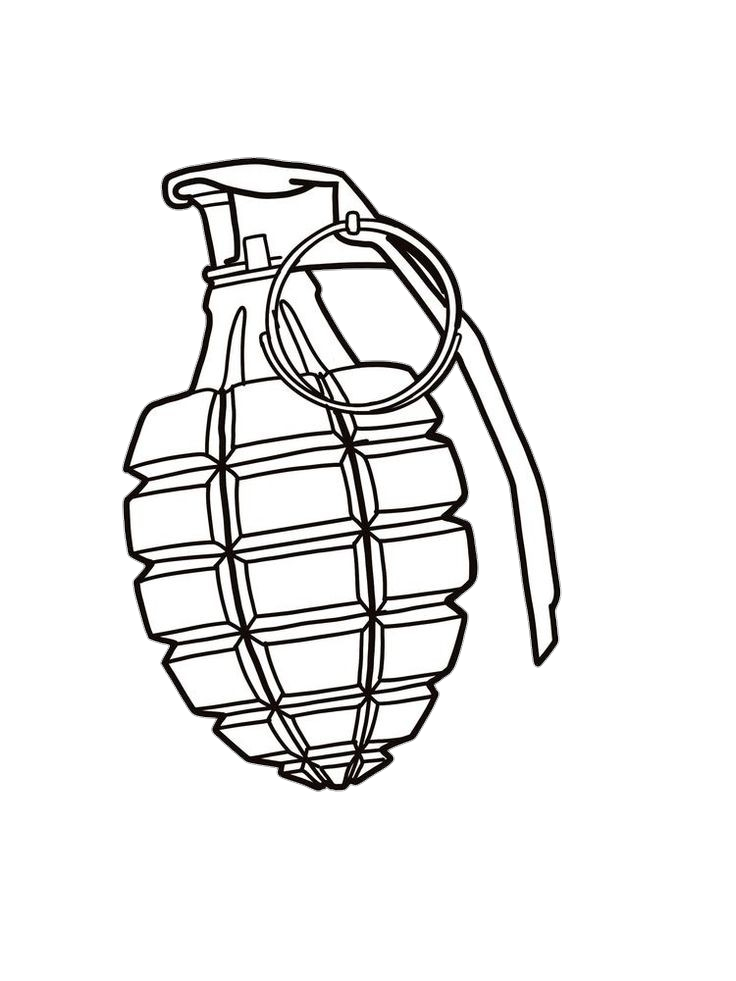
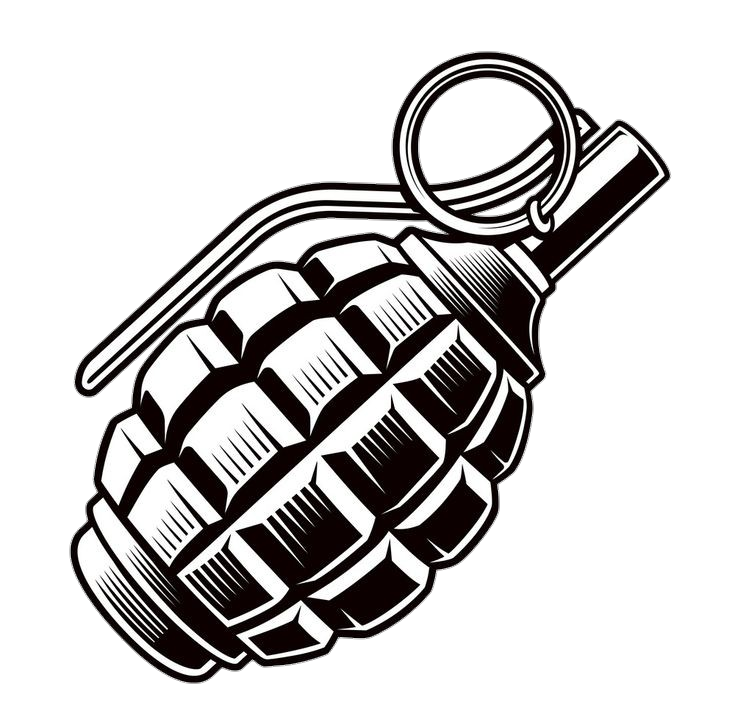
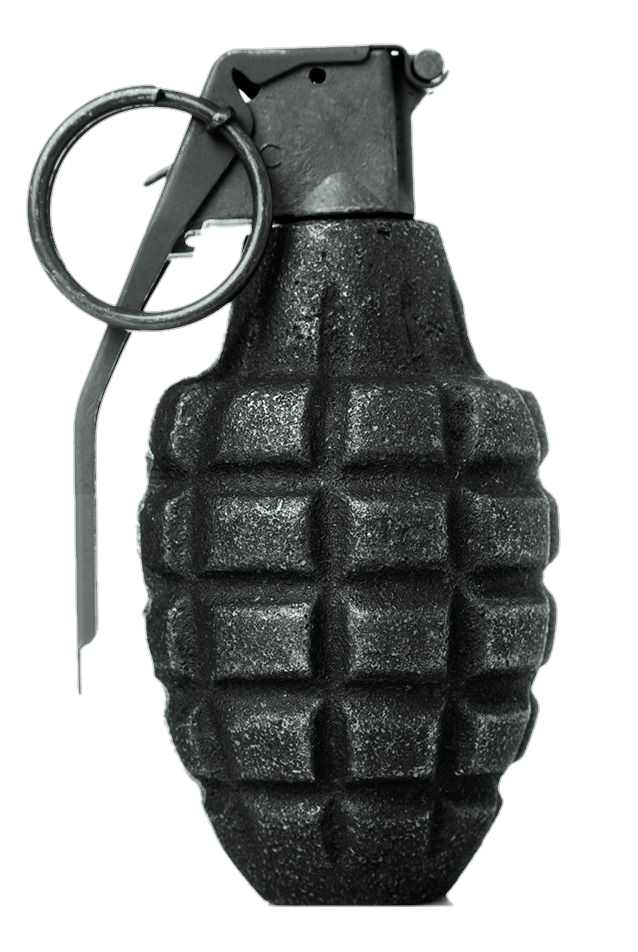
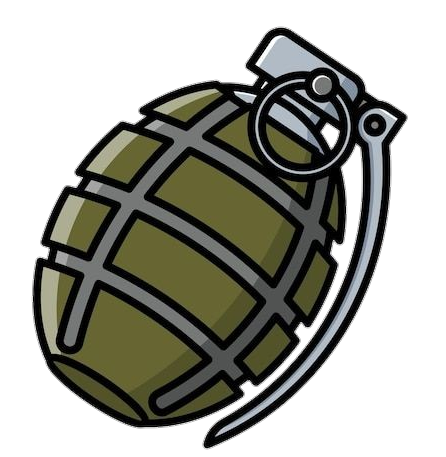

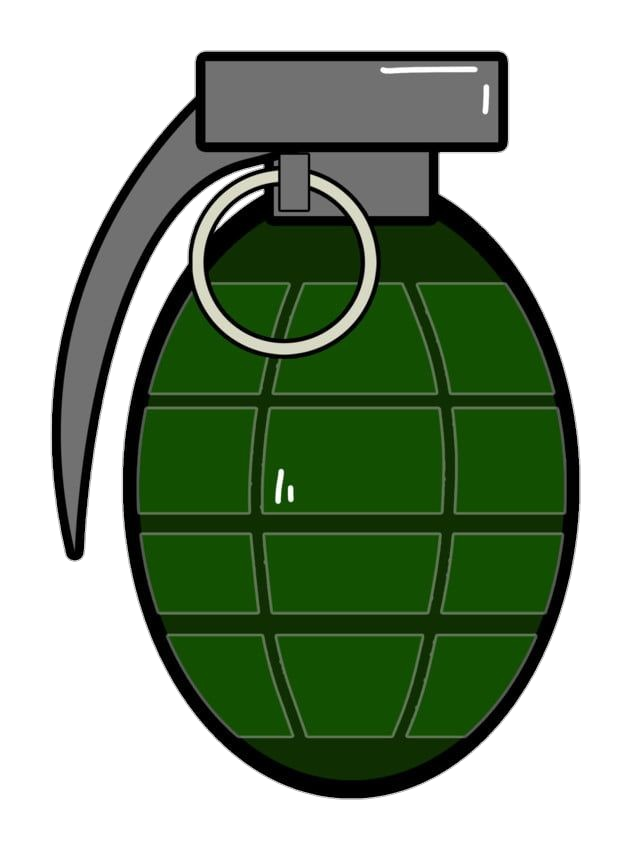

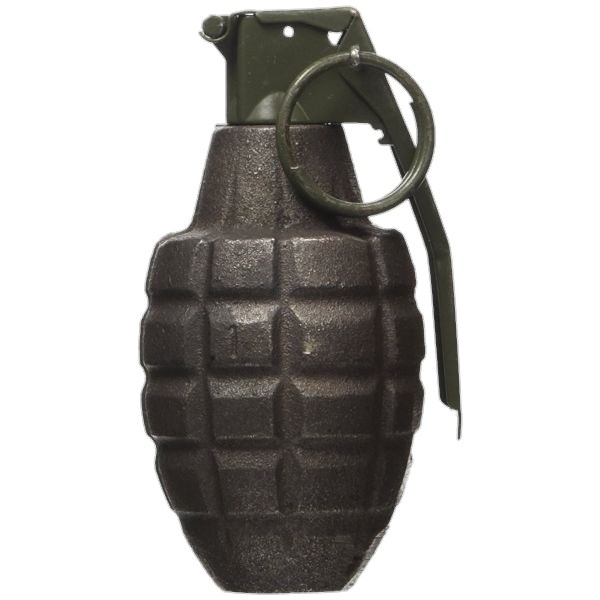
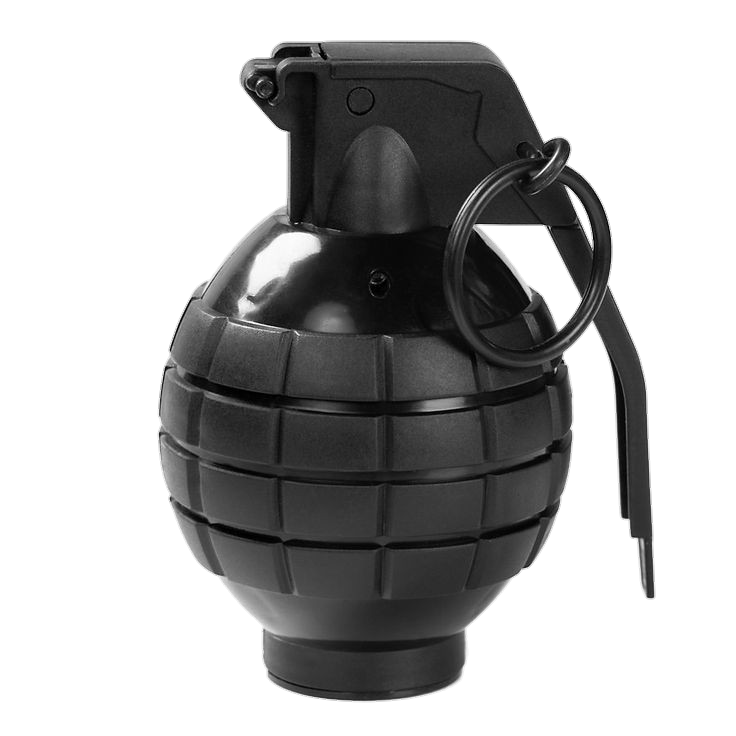
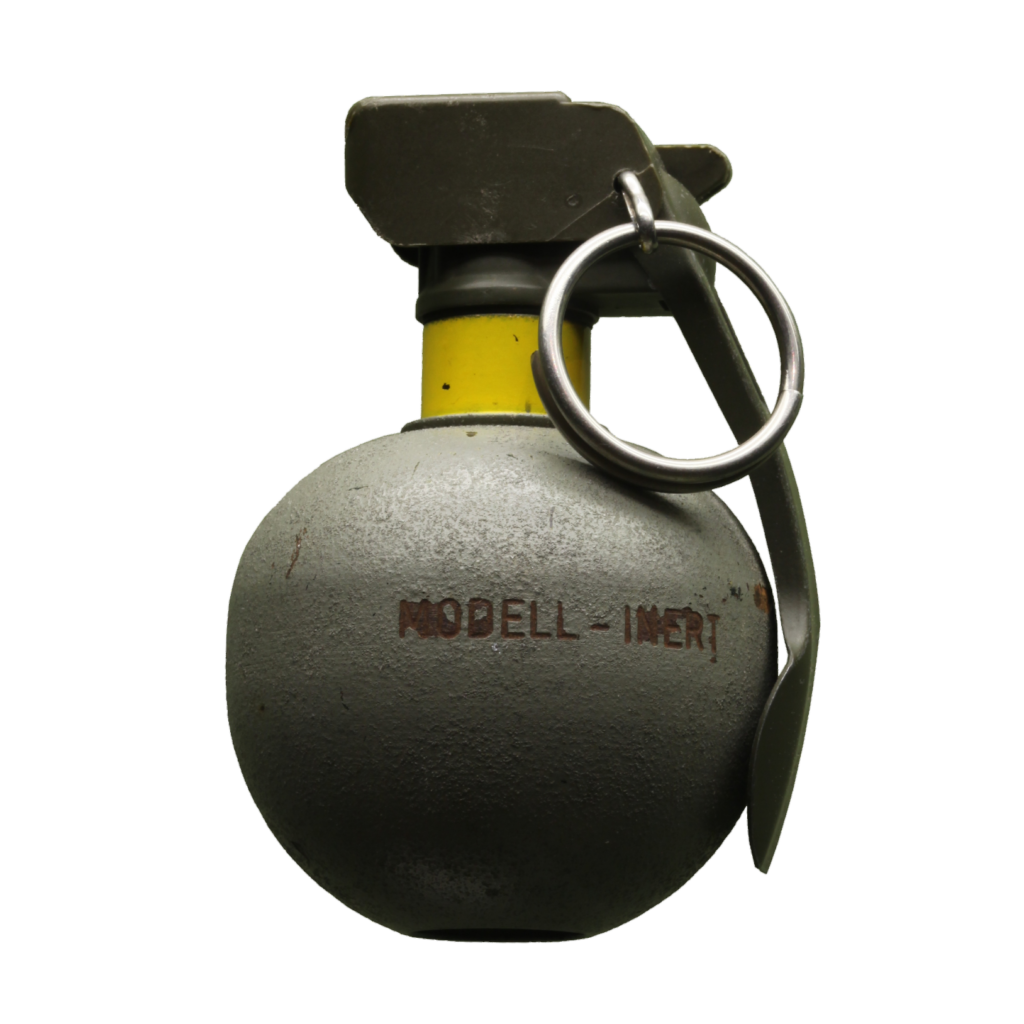
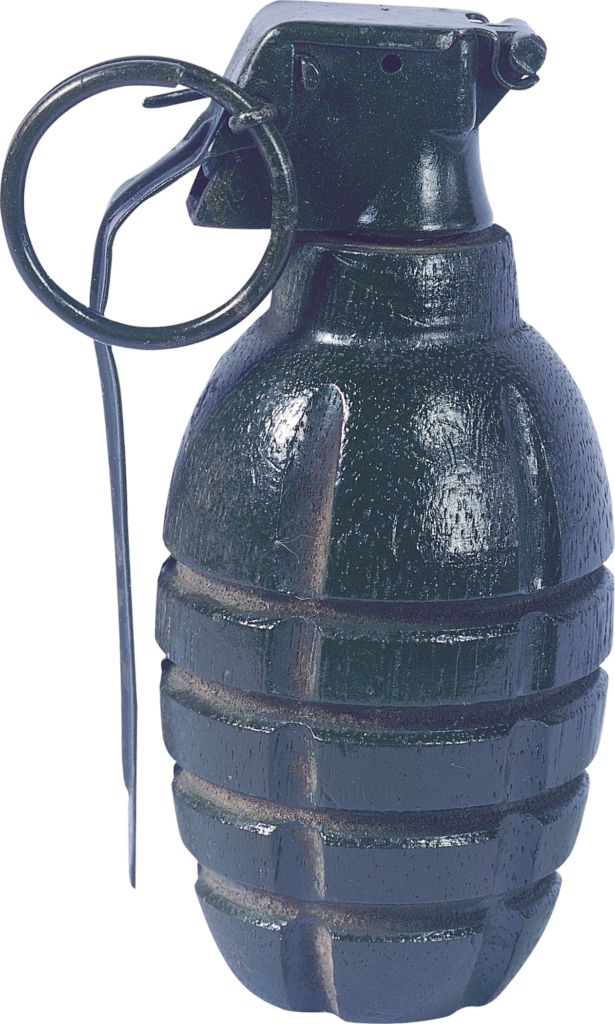
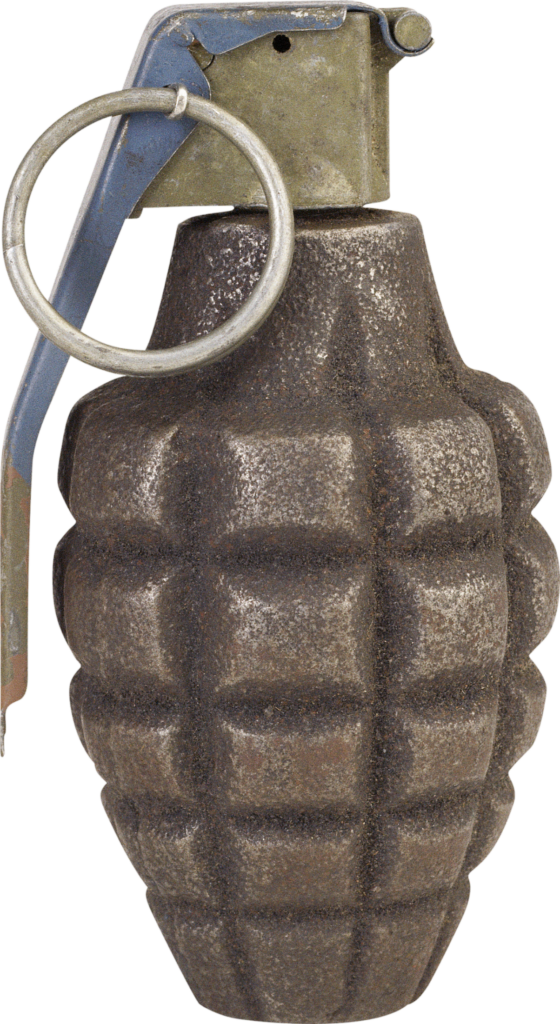
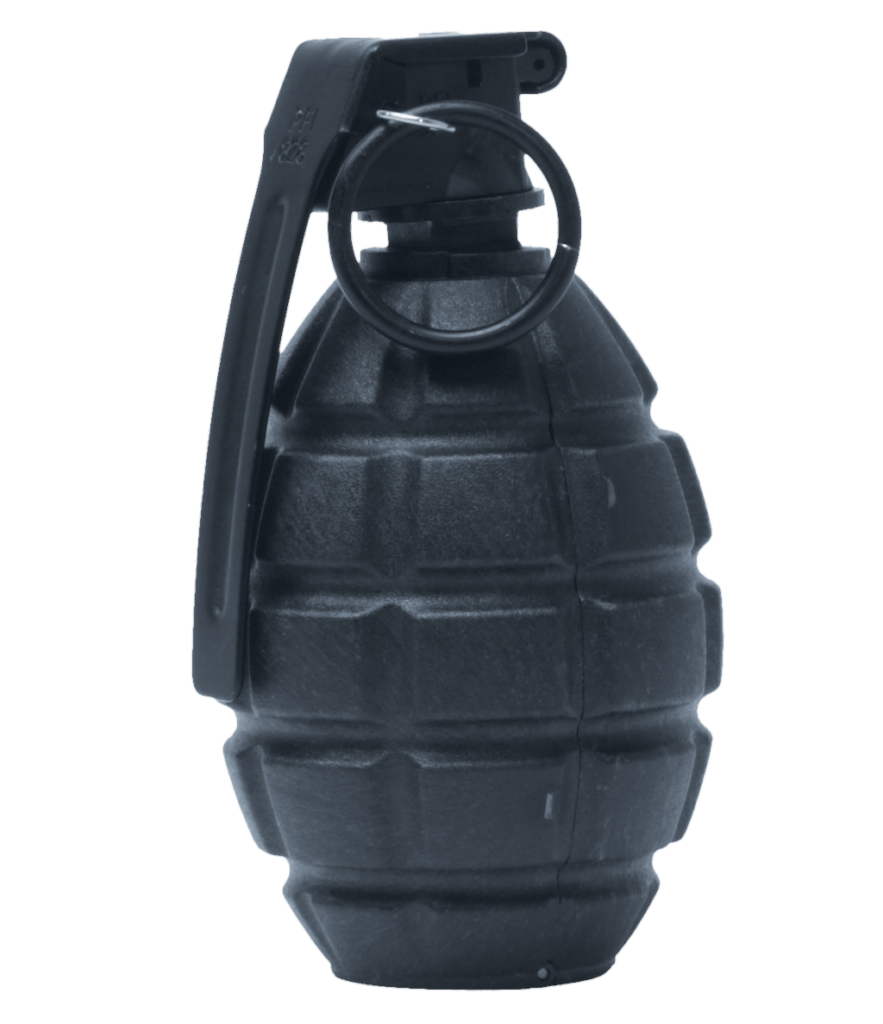
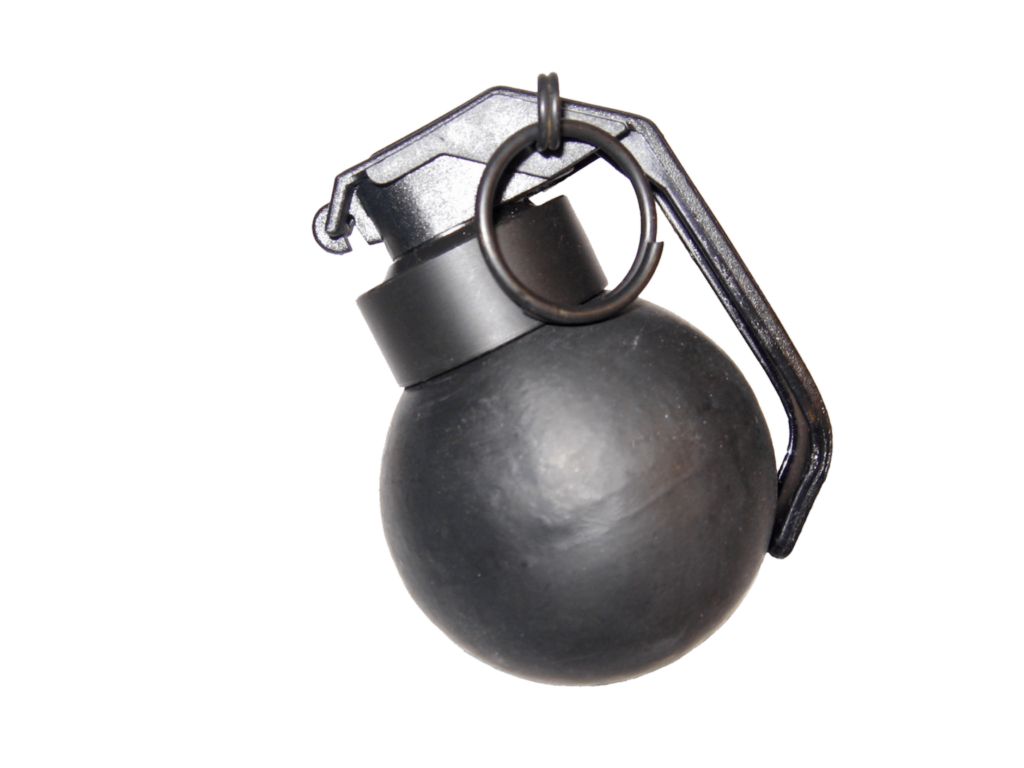
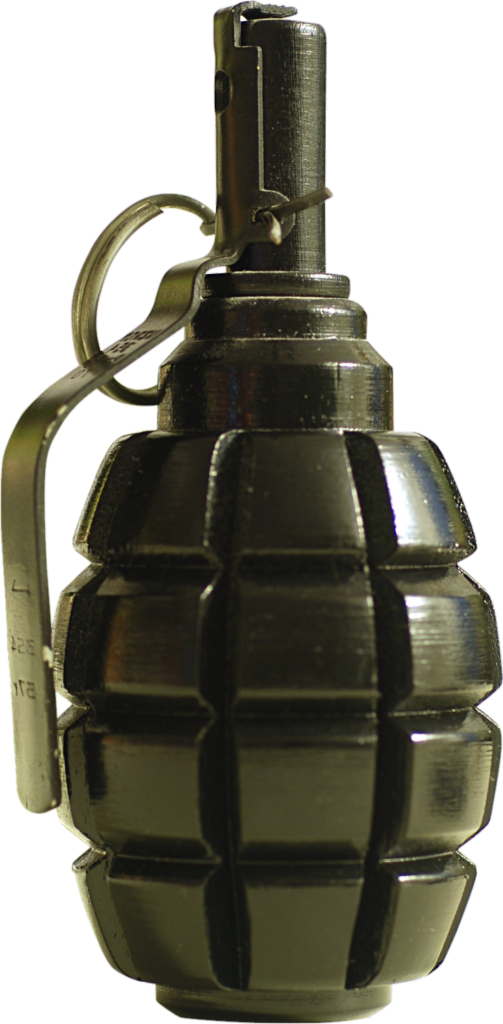
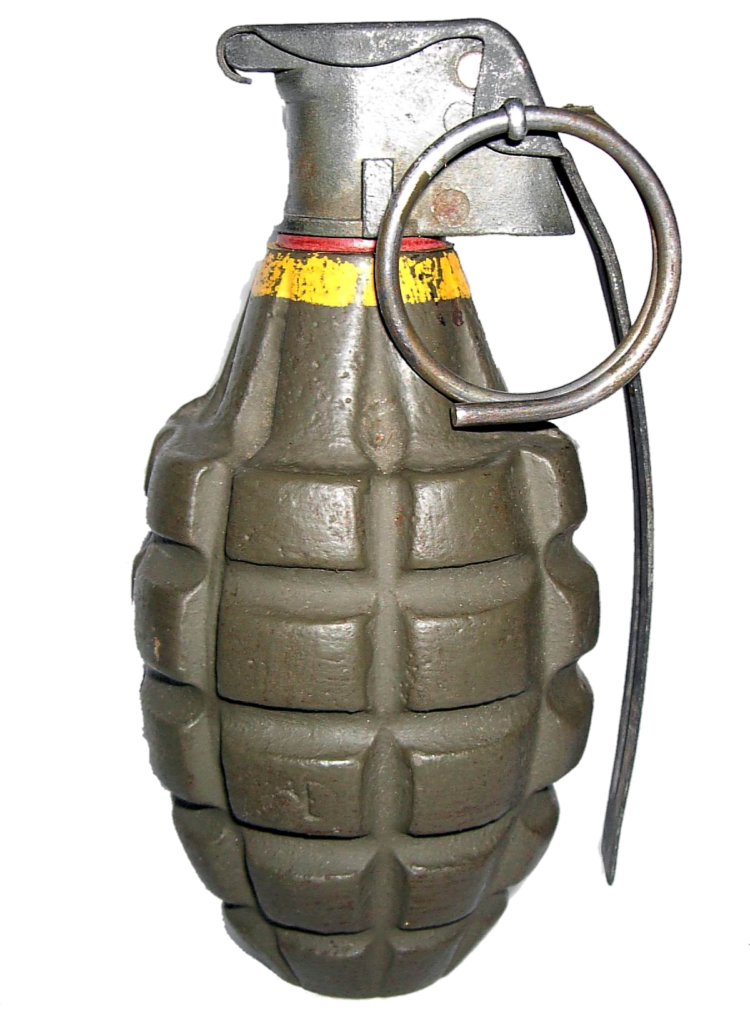
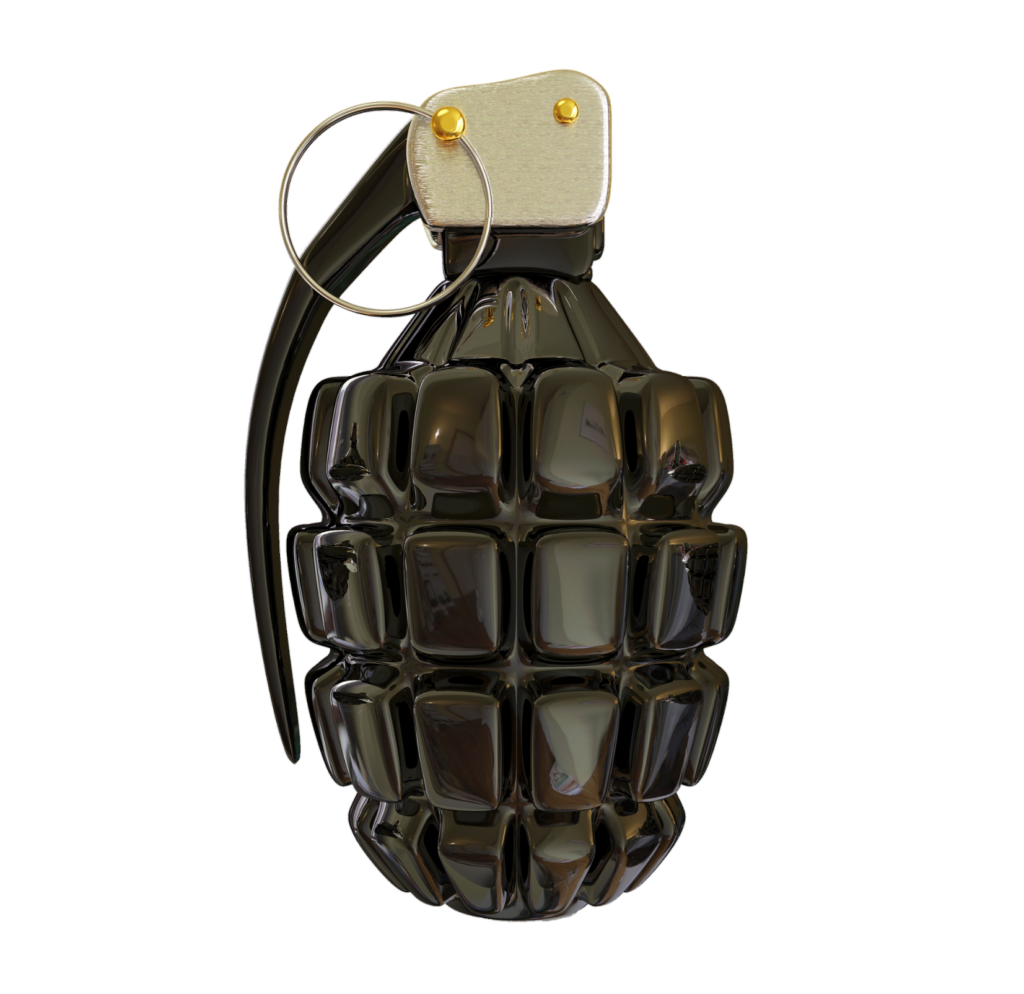
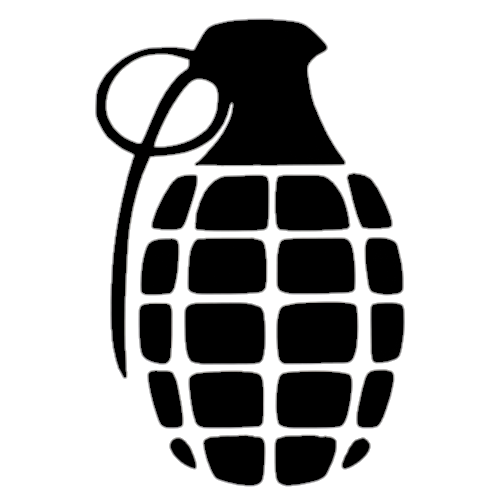
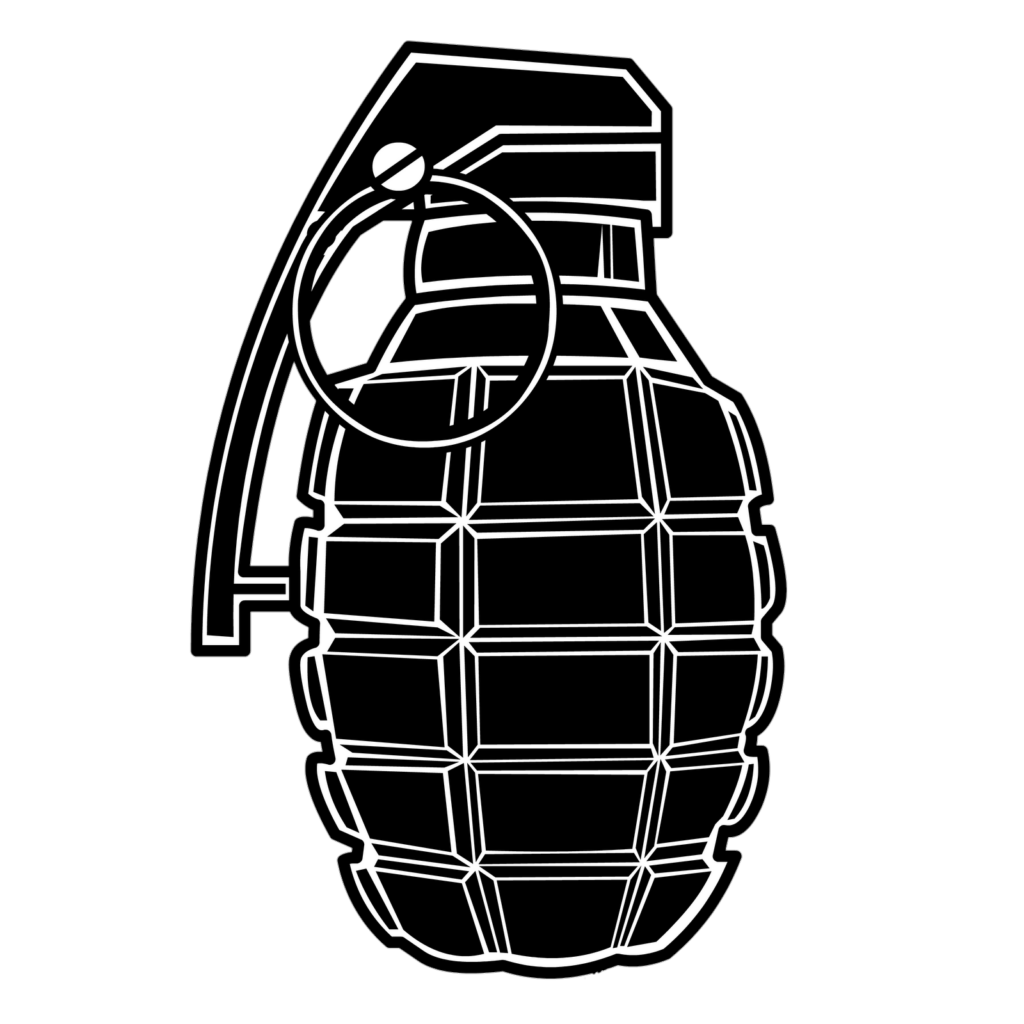
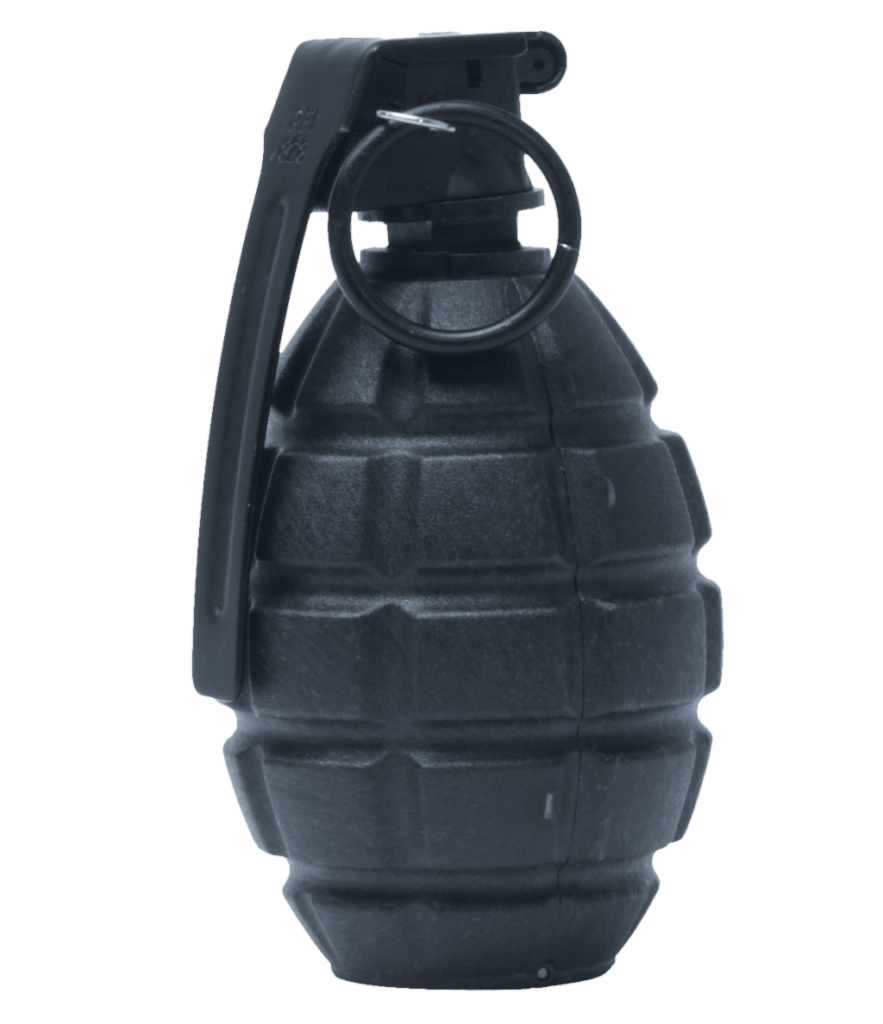
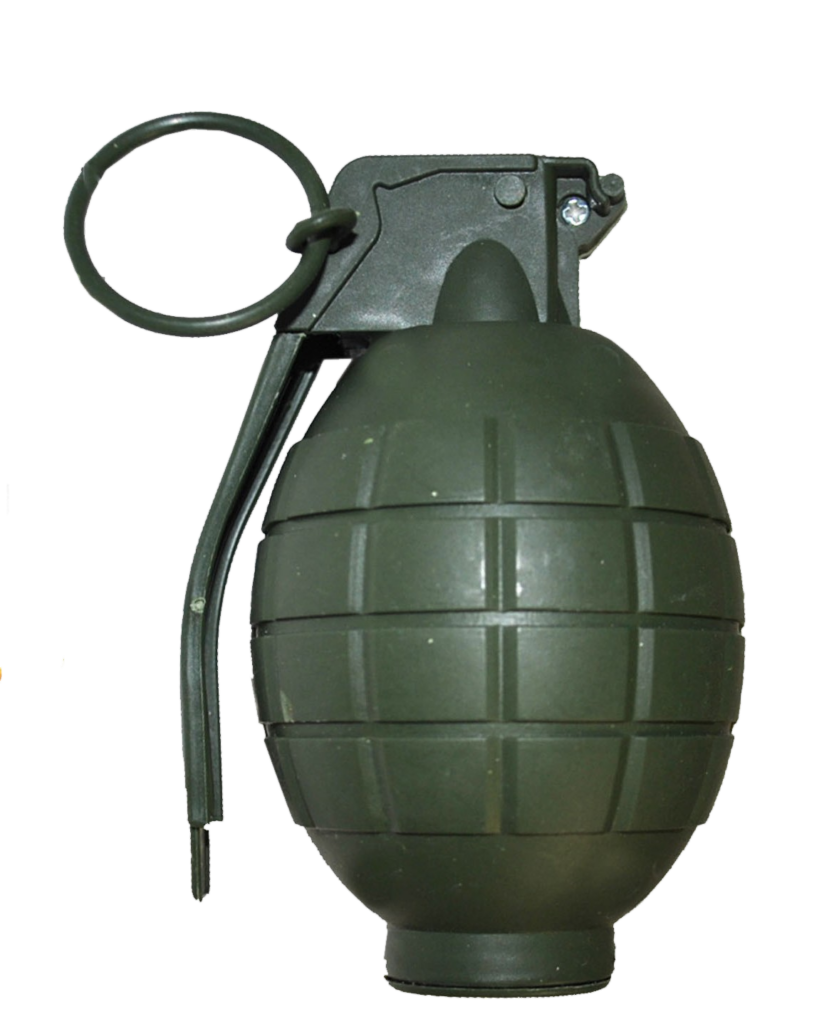
The grenade, a small explosive device, has played a significant role in the history of warfare, from its early beginnings to its modern iterations.
The concept of the grenade can be traced back to ancient times. Early versions of grenades were essentially containers filled with flammable or explosive materials, ignited by a fuse or by throwing. The ancient Chinese, Byzantines, and Islamic empires were among the first to experiment with these incendiary devices. They were often used in naval warfare as a means of setting enemy ships ablaze.
During the Middle Ages, grenades underwent significant development. The term “grenade” itself comes from the French word “grenade,” meaning pomegranate, due to the grenade’s spherical shape resembling the fruit. These medieval hand grenades were made of iron or clay and filled with gunpowder, shrapnel, or other noxious substances. Soldiers would ignite the fuse and throw them into enemy formations, causing chaos and casualties.
The most significant transformation of the grenade occurred during World War I. The need for more effective infantry weapons led to the development of standardized hand grenades by various nations. The Mills bomb, for instance, became the iconic British hand grenade during the war. These grenades had a pin and lever mechanism, allowing soldiers to prime them before throwing them. They were more reliable and safer to use than their predecessors.
IV. World War II and Beyond
World War II saw further advancements in grenade technology. The United States introduced the M67 fragmentation grenade, which featured a serrated steel casing designed to produce deadly shrapnel upon explosion. This grenade design remains in use by many nations today, emphasizing its effectiveness.
Modern grenades have become more specialized. There are smoke grenades for creating concealment, flashbang grenades for stunning and disorienting enemies, and even riot control grenades used by law enforcement agencies. These grenades have sophisticated safety mechanisms to prevent accidental detonation.
The grenade has had a significant impact on warfare throughout history. Its effectiveness as a close-quarters weapon, capable of incapacitating or killing multiple enemies with a single throw, has made it a vital tool for infantry. In World War I and World War II, grenades were integral in trench warfare, clearing bunkers, and flushing out entrenched enemy forces.
Grenades have also played a crucial role in guerrilla warfare and counterinsurgency operations. Their ability to create chaos and disrupt enemy formations has made them valuable assets for irregular forces. However, their indiscriminate nature also poses risks to civilians in conflict zones.

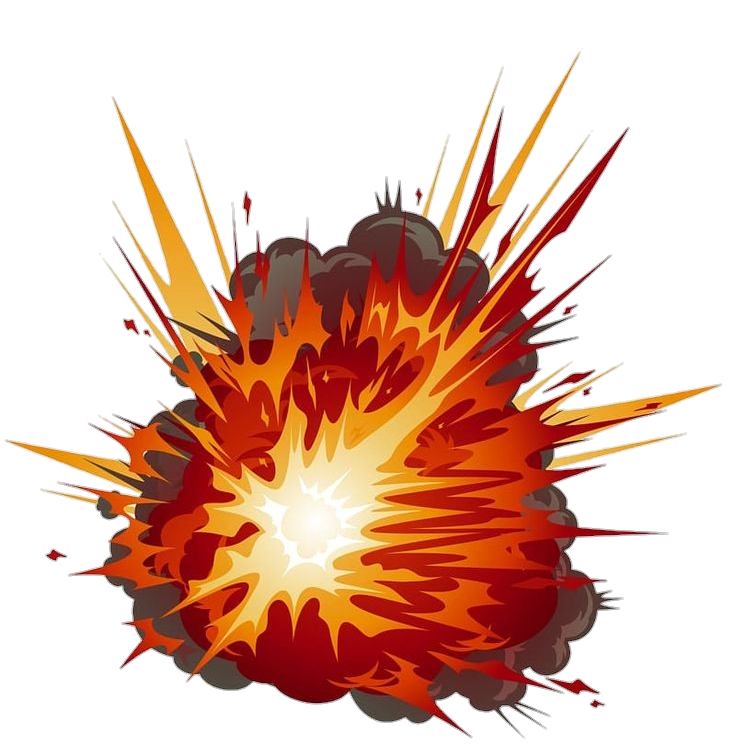
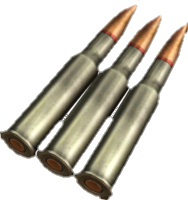
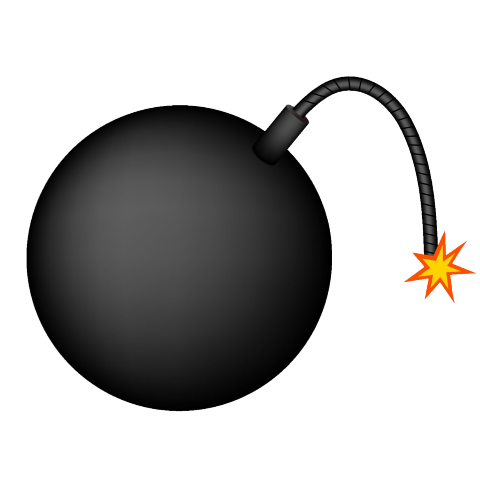
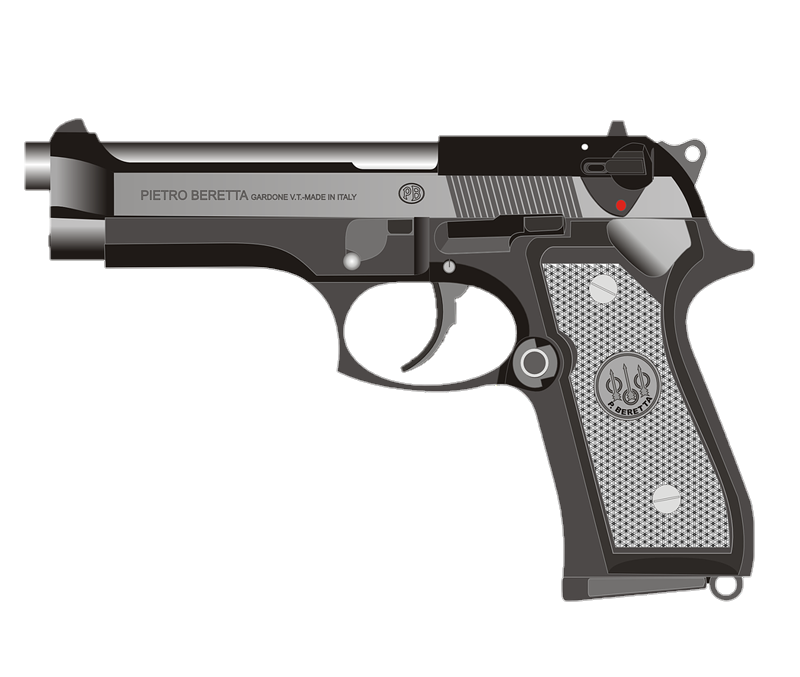

Leave a Comment
Instagram